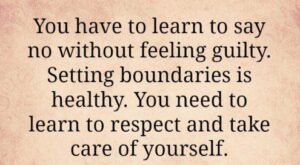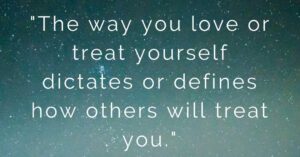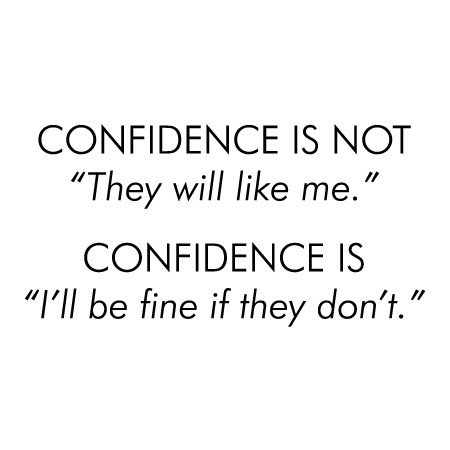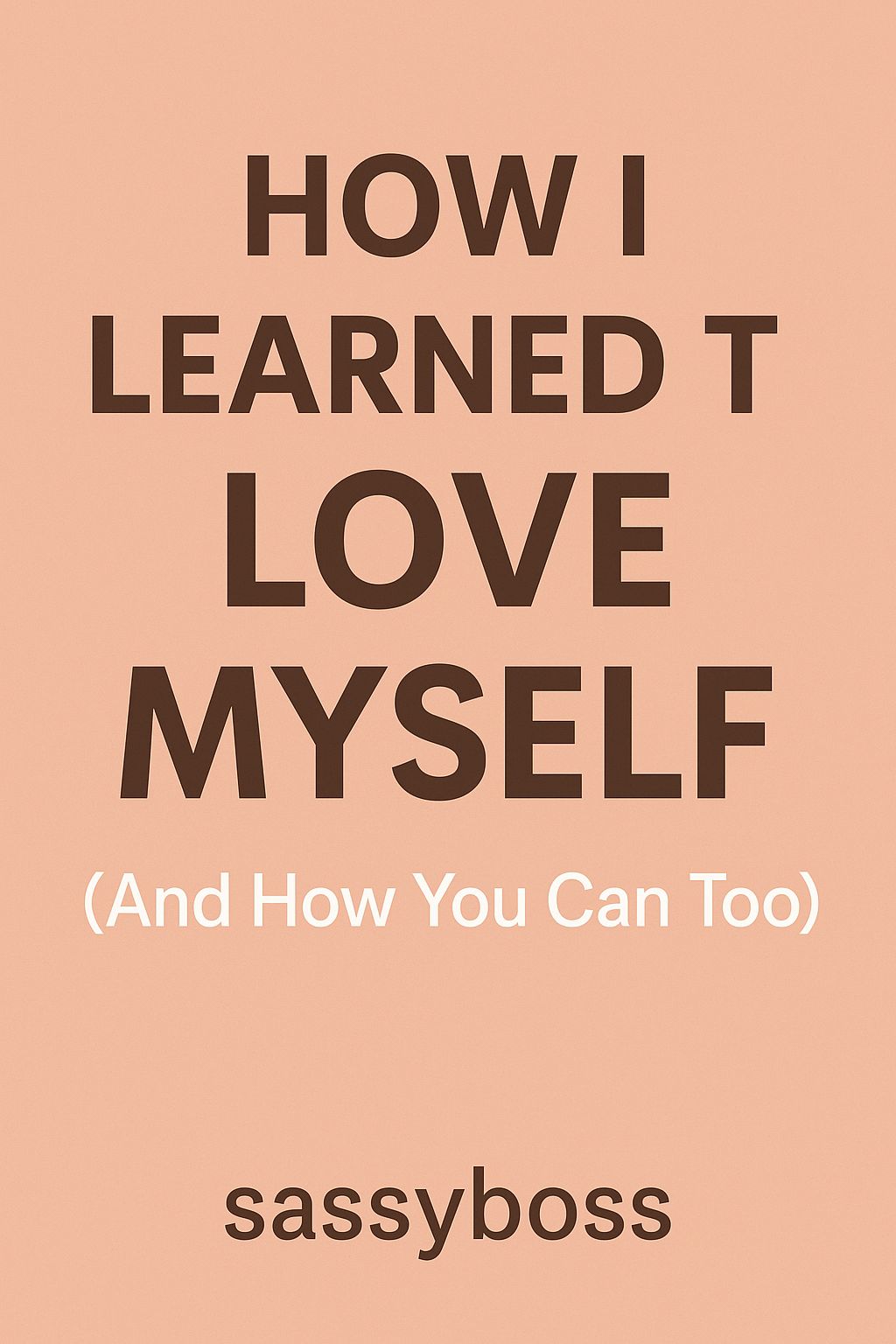How I Learned to Love Myself (And How You Can Too)
For the majority of my life, I believed that self-love was just a trendy phrase that was used on pastel-colored mugs or in Instagram remarks. Confidence, I thought, was for “naturally confident people,” and perhaps I was not born with it. However, the reality is that self-love is a gradual process. It’s a journey—one that is intensely personal, messy, and powerful.
I’m sharing my story because I’ve gone through the confusion, insecurity, and self-doubt and have gradually found peace, not because I’ve got everything worked out. As they helped me, I hope these lessons may benefit you if you’re having trouble loving yourself or feeling secure in your identity.

1. I Stopped Talking to Myself Like an Enemy
We all have an inner voice — and for years, mine was brutal.
“You’re not good enough.”
“You always mess things up.”
“Why can’t you be more like them?”
Sound familiar?
When a friend asked me, “Would you talk to me the way you talk to yourself?” that was the pivotal moment. That question really got to me. I would never treat someone I cared about in such a terrible manner. Why, therefore, did I feel justified in such self-treatment?
I began to listen to my inner monologue from that point on. I stopped when I noticed that I was criticizing myself and questioned myself, “Would I say this to someone I love?” If not, I substituted something softer and more sympathetic.
A potent act of self-love is altering the way you speak to yourself. You eventually come to understand that you are not your thoughts and that you have the ability to select different ones.
2. I Let Go of the Need to Be “Perfect”

My armor was perfectionism. I believed that if I did everything perfectly—said the right words, looked a certain way, and accomplished the proper goals—I would at last feel deserving. As a spoiler, I didn’t.
I felt more nervous, worn out, and alienated the more I strived for perfection. since there is no such thing as perfection. It is a moving target that traps you in self-criticism.
Instead, I began to embrace the concept of authenticity. I let people see my imperfections, my eccentricities, and my weak points. And a lovely thing occurred: I felt lighter. more liberated. More of me.
Confidence doesn’t come from being perfect — it comes from accepting yourself as you are, and showing up anyway.
3. I Learned to Say “No” Without Guilt

Safeguarding your time, energy, and tranquility is among the most self-loving things you can do. However, I used to say “yes” to everything, even when I wasn’t feeling well or didn’t want to. Why? because I was afraid of coming out as conceited, impolite, or challenging.
But constantly saying yes to others meant constantly saying no to myself.
At first, it was awkward to learn to say no. The idea that my value was based on how much I could please other people was something I had to unlearn. I now ask myself, “Does this fit with what I need right now?” before agreeing to anything.
Boundaries are not walls. They’re bridges that connect you to your most authentic self. Saying no isn’t selfish — it’s self-respect.
4. I Treated Myself the Way I’d Treat Someone I Love
Consider how you handle someone you truly care about: You pay attention to them. You encourage them. When they need space, you give it to them. When someone makes a mistake, you forgive them. You rejoice at their victories.
Why not give yourself the same kindness?

I began to show myself love by doing little things. In my journal, I would write words of encouragement. I would prepare my favorite dishes. When I felt exhausted, I would take a break guilt-free. Even though it initially felt uncomfortable, I would praise myself when I looked in the mirror.
These tiny acts built up over time. They helped me reconnect with myself and remind me: I am worthy of love — especially my own.
5. I Got Comfortable with Being Alone
This one was significant. I was uneasy in my own company for a long time. To keep from being alone with my thoughts, I would keep myself occupied, surround myself with people all the time, or scroll endlessly.
But learning to enjoy solitude changed everything.

I began making a conscious effort to spend time alone myself, whether it be walking, journaling, sitting quietly, or meditating. And I came to the realization that I genuinely enjoy my company. My thoughts are intriguing. I am a humorous person. I have ideas and dreams that are worth pursuing.
Enjoying your own company is a sign of self-love. It entails realizing that you are already whole and don’t require anyone else to complete you.
6. I Rewrote My Definition of Confidence
For years, I believed that having confidence meant being outspoken, audacious, or extroverted. However, I’ve discovered that confidence comes from believing in oneself, not from being the most talkative person in the room.

Confidence is:
• Speaking your truth, even if your voice shakes.
• Trying something new, even if you might fail.
• Walking into a room without needing to prove anything.
When you begin to love yourself, confidence grows naturally. Because you’re no longer looking for external validation — you’re grounded in your own worth.
Final Thoughts: Your Journey Is Yours
Please know that you’re not behind if you’re still learning how to be confident and appreciate who you are. No deadline exists. There is no ideal version of you to strive for. You can be a work in progress and still be deserving of love, just the way you are at this moment.
Self-love is a journey, not a destination. It is an everyday decision. It can be simple on some days and difficult on others, but every step forward counts.
Start with compassion. Be patient. Celebrate your growth, no matter how small.
You deserve it. You are sufficient. And you can have a loving, respectful, and self-assured connection with yourself.
I’m walking this path too — and I believe in you.
Are you still working on loving yourself, or have you already mastered it? Please share your story in the comments section. Together, let’s develop. 💛
